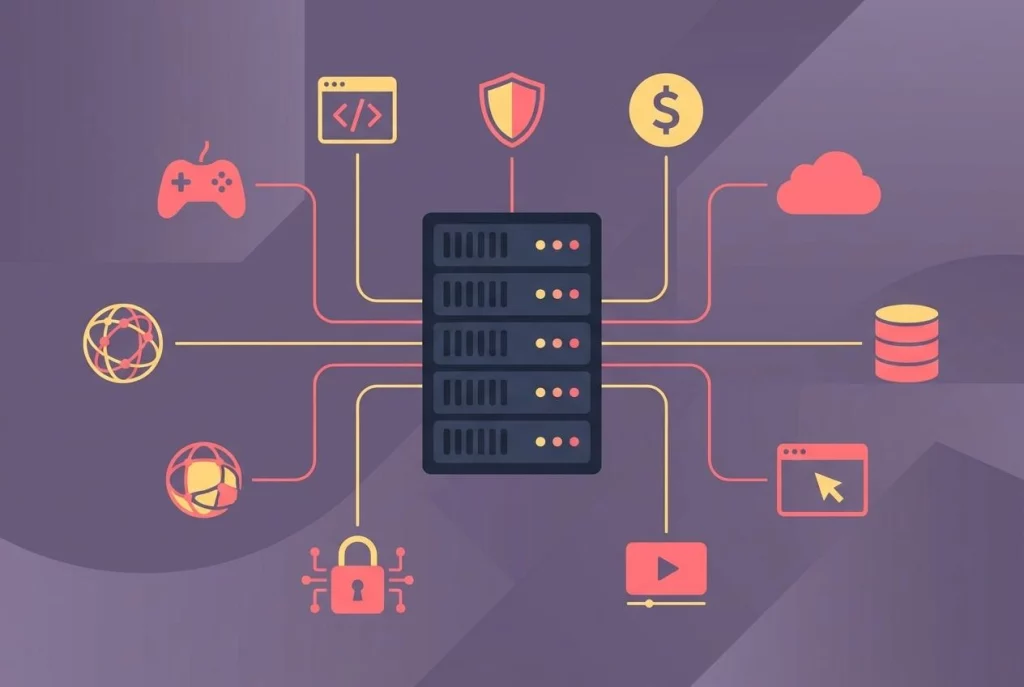Here is another educational blog post from Mixal — today, we are going to explore ten real-world ways you can put a VPS to work.
In recent years, the use of Virtual Private Servers has grown significantly. Many users are preferring to skip the high costs of dedicated servers and instead opt for VPS hosting to power their projects.
When it comes to hosting any website, you have multiple options, but one of the top choices is undoubtedly a Virtual Private Server. In this article, we aren’t just going to tell you “what a VPS is”; rather, we want to answer the question of what you can actually do with one and for which projects it’s the best fit. So, stick with me until the end.
Why Should We Choose a VPS?
In today’s world, we have access to a variety of servers with different capabilities, and VPS hosting sits exactly on the border between shared hosting and dedicated servers. One of the common features shared between a VPS and a dedicated server is that by placing your projects on your own server, you can install specific applications that you need for better performance and tighter security.
Because Virtual Private Servers are scalable, they are an excellent solution for implementing different stages of a project. In fact, as your project grows, your VPS can improve right along with it. Buying a VPS means that in the future, you can increase all parts of the server, including storage space, RAM, and main CPU cores.
What Are the Applications of a VPS?
We could list a huge number of uses for a VPS in the modern world, but in this post, I intend to point out nine (actually, let’s make it ten!) important applications.
1. Learning System Administration (Sysadmin Skills)
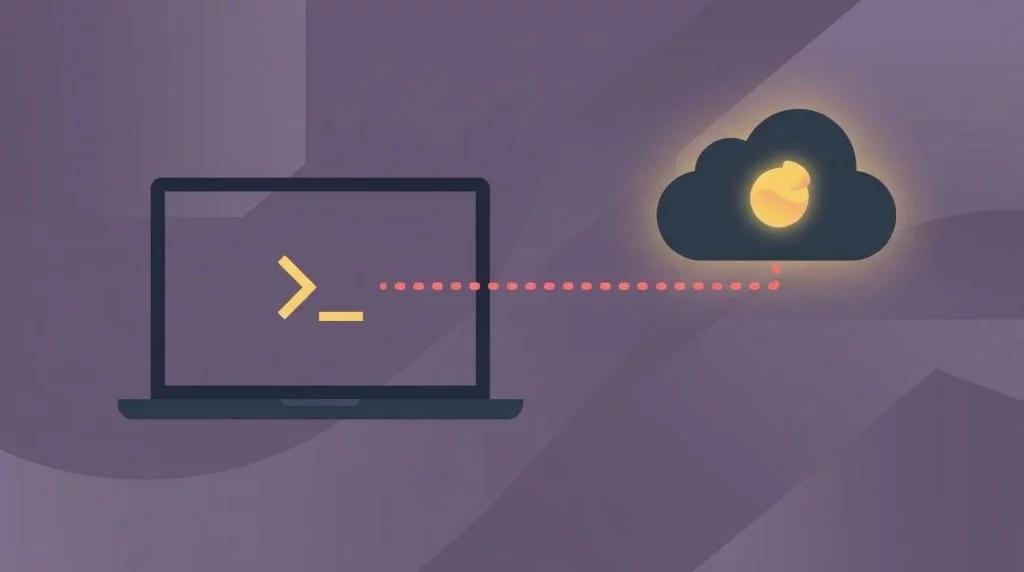
One of the main uses of a VPS—which attracts a relatively large number of users—is learning various types of software. Almost all VPS hosting plans provide root access for their users.
If we want to examine this more closely, it’s not a bad idea to look at an example. Installing Linux on a personal computer or laptop is a big task, and if you haven’t learned how to do it principally and correctly, I suggest you don’t do it. The solution to this problem is using various types of virtual servers.
A VPS helps you a lot in this area by offering an isolated environment that you can connect to at any time and from anywhere in the world. Additionally, a VPS can teach you better lessons about remote control and internet-connected applications than your own computer, which might not always be turned on.
2. Software Development & Coding
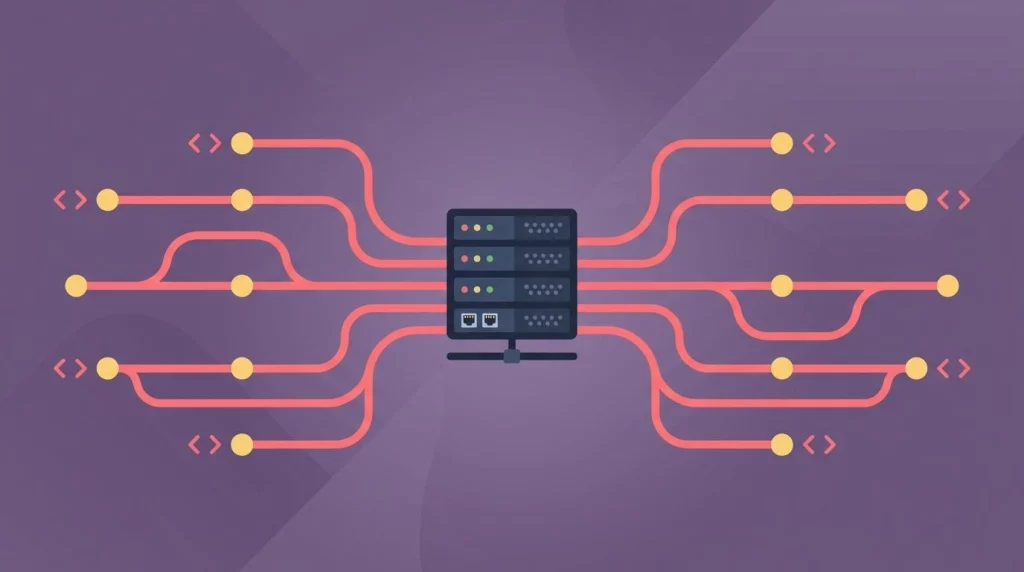
Learning programming on a personal computer using a suitable IDE is a relatively easy task. However, using a VPS will help you test the code you have written for your project in a better environment.
This is true even for software development companies. Many programming firms have different departments so that by using each of them, they can deliver applications to the customer in the best and most perfect form possible. In these situations, the company must provide the possibility of sharing written code by setting up a version control system like GitLab.
3. Creating a Dedicated Game Server

If you search the internet, you will realize that there are dedicated servers for games like Rust, Among Us, GTA, and Minecraft that you can use to join a community of gamers you like to play alongside.
Furthermore, by setting up a dedicated game server using a VPS, you can reduce the latency of your online connection to the target server and experience better quality while playing. Another important point is that it is possible to implement some attractive mods for games through these servers.
Until just a few years ago, the number of games that supported personal servers was very small; but today, you can even implement several dedicated servers for different games on a single VPS hosting plan. All in all, I have to say that by adding voice servers like TeamSpeak or Mumble to your VPS, you will gain a better experience while playing with other gamers.
4. Web Hosting

One of the critical applications of a VPS goes back to hosting websites. To do this job as best as possible, you will have access to an ocean of applications that make your work easier.
Virtual servers do not limit you in any way regarding the implementation of frameworks and applications, and you can easily implement the back-end part of your website on them. In fact, many of the websites you use today do not have a dedicated server and have settled for using VPS hosting.
5. Implementing a Private Email and Messenger Server
If you also care about your cyber security and don’t want other people reading your emails, I suggest going for encryption and using your own private email server. Installing and setting up these types of specialized email servers is a relatively easy task.
Virtual servers will allow you to set up your own dedicated messenger using applications alongside your dedicated email server. Private messaging software like ejabberd will provide the possibility of sending and receiving your sensitive messages to other people through end-to-end encryption.
6. Project Management
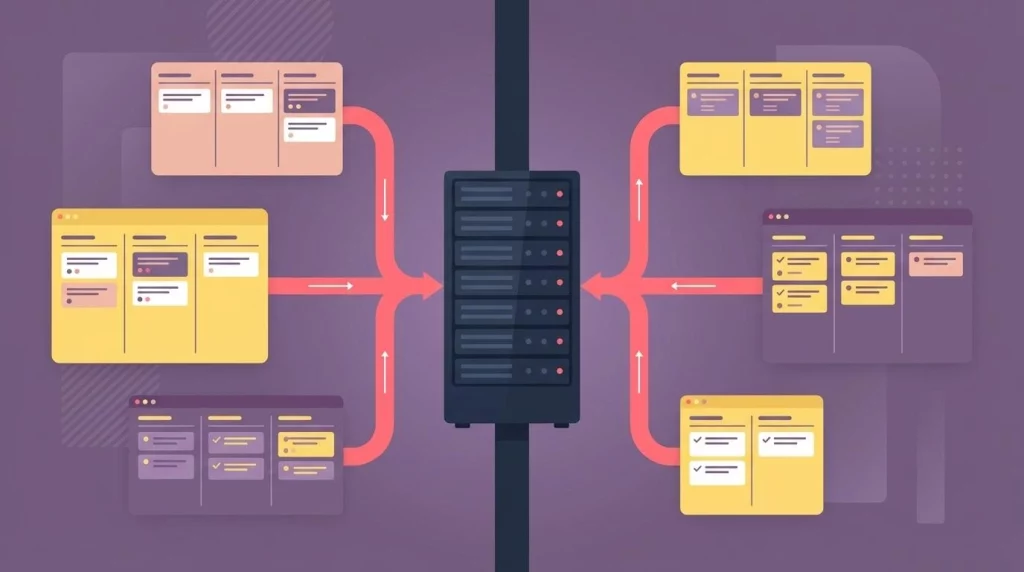
One of the main tools for advancing goals as best as possible in different teams is project management tools. In this field, there are many applications you can use; however, they have their own specific limitations, and you often have to pay a relatively high cost for them.
Hosting your own project management tools (like Redmine or ProjectLibre) on a VPS gives you control without the hefty subscription fees.
7. Securing Information Using a VPN
In today’s world, VPNs have many uses, and they aren’t just used for bypassing government-imposed filtering. VPNs allow you to keep your personal, company, and customer information safe against hackers and experience safer payments by creating an encrypted tunnel between your computer and your server.
The mentioned tunnels secure all your internet traffic and provide the possibility of hiding your IP and location. Many people around the world prefer to set up their own VPN servers to provide more security for their information. By creating a VPN server with the help of a VPS, you can be sure that your data is being moved in a completely safe and protected manner.
8. Setting Up VoIP
Another application of a VPS is in setting up a VoIP server. VoIP stands for Voice over Internet Protocol, and it will allow you to make all your phone calls using the internet. Therefore, you can talk to other people even while gaming, or contact others regardless of the location you are present in.
9. Backing Up Information
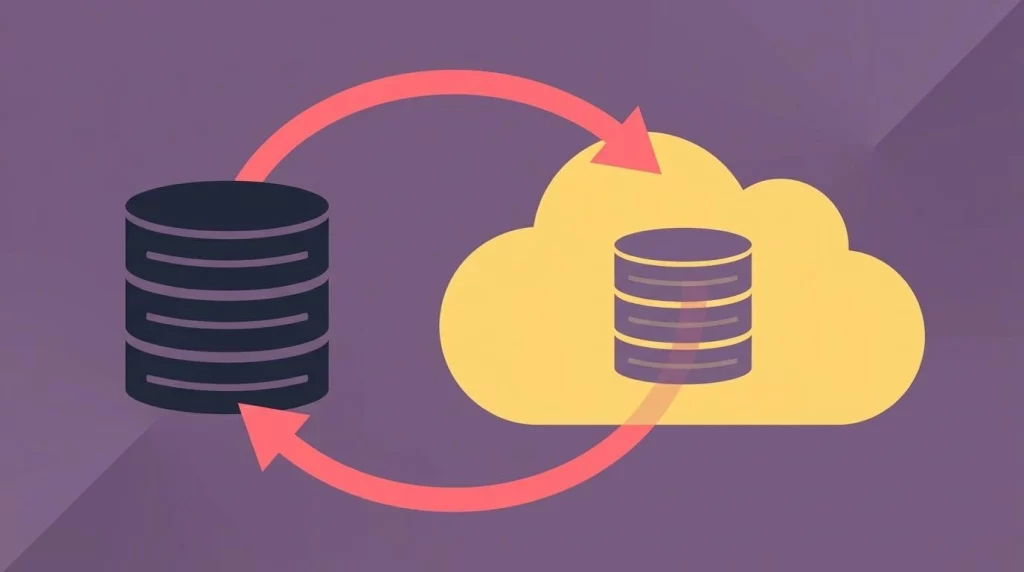
If you also intend to back up your information or have a database server, I suggest you go for virtual servers. Of course, you must pay attention to the point that if your data is small, using virtual servers will not be a suitable solution; but if you are a business that collects and produces a relatively large amount of data, setting up a database server should be part of your main goals.
If you also consider that you can use your database server from all points of the world, you will realize that using a VPS hosting solution will be the best method for managing your information.
10. Stock Market and Cryptocurrency Trading
When you buy a VPS, you imagine that its use will be limited only to your business and other people cannot access it; for this reason, it will bring you more security. In using virtual servers, security is very important; but the main reason that drives us toward using these servers is their internet connection speed.
As you know, every second is very important in the stock and cryptocurrency markets, and one must react to changes in these markets with high speed. The necessity of showing a fast reaction has caused many people around the world to move toward using VPS servers to prevent potential losses in this market.
Furthermore, because these servers are always on, when you intend to rest, they can continue to trade using applications you have previously installed on them so that you can make a profit even during this time.
Buying a Virtual Server from Mixal
If this is your first experience in the field of virtual servers or you don’t have enough knowledge to select the best type of USA VPS or European server, Mixal—a powerful global hosting provider—will help you choose the best panel suited to your needs. You can see the VPS hosting buying guide and its tariffs on the linked page.
Conclusion
In this article, we talked about the applications of a VPS (Virtual Private Server) and discussed in what areas these efficient servers can help us. Today, virtual servers have entered into all online activities we intend to perform and are an inseparable member of online services. Do you also use virtual servers? Share your views with us in the comments section.
FAQ — Frequently Asked Questions
1. Can you create a VPN with a VPS?
If you intend to use a server to build a VPN and hide your IP with it, you can prioritize virtual servers; because they provide impressive speed to users.
2. What is a suitable server for data backup?
Considering the speed and ease that virtual servers provide to users, you can count on a VPS well for backing up your data.
3. How can I build a server in GTA and Minecraft?
To build a server in video games like GTA and Minecraft, you must first acquire a suitable VPS hosting plan with sufficient power. After that, you can apply your desired changes to this server.
4. What is the difference between types of virtual servers?
Types of virtual servers differ from each other in terms of operating system, hardware resources, and data center location.

